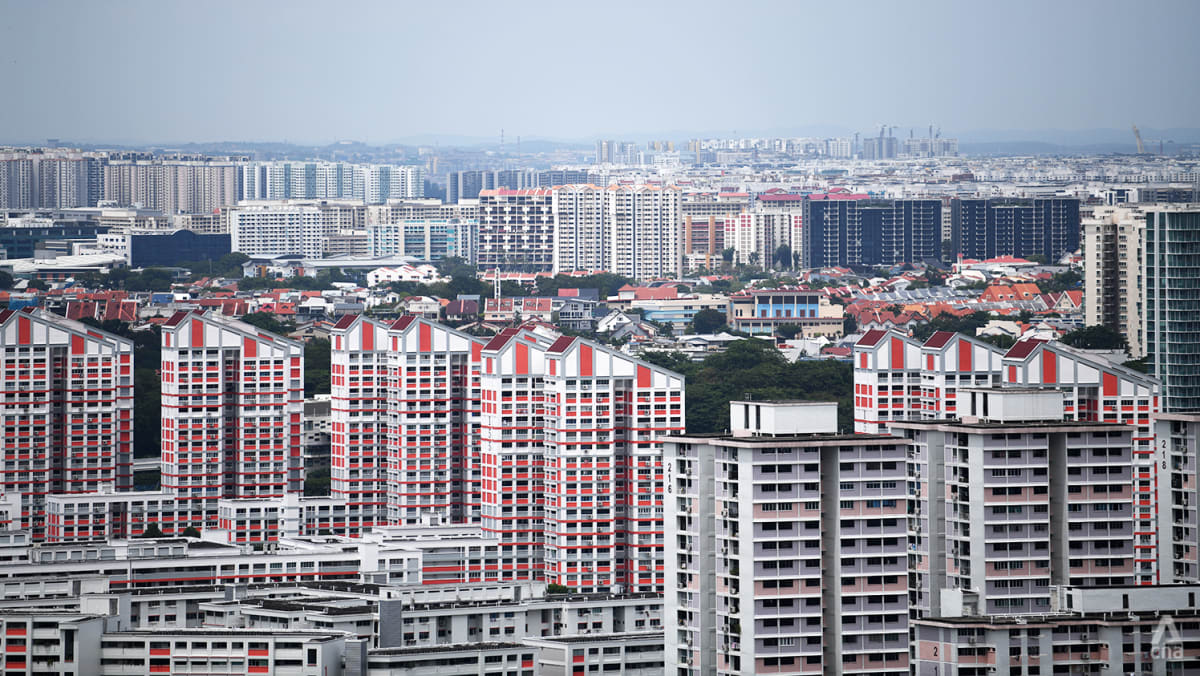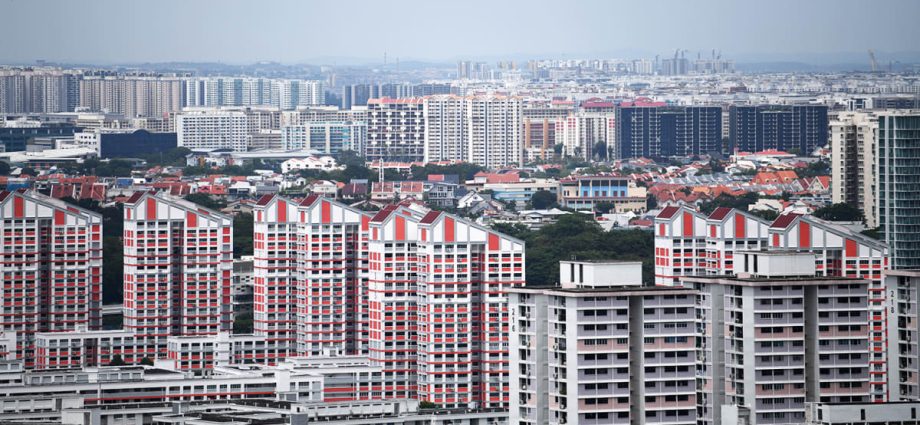
In late March, the US Federal Reserve raised the interest rate by another 25 basis points, taking the federal funds rate to between 4.75-5.00 per cent. While there were suggestions that the Fed rate hikes were in the tail end, there is still quite a way to go before US domestic inflation cools down to the targeted 2 per cent.
Rising interest rates, taken in conjunction with soaring inflation, present a double whammy where the cost of credit increases even as the cost of living becomes more expensive. This in turn erodes the value of real wages.
In IREUS’ most recent Real Estate Sentiment Index (RESI) survey, developers and senior real estate professionals highlighted rising inflation and interest rates as the top risk that may adversely impact the market.
Today, a three-bedroom condominium in the Outside Central Region is typically upwards of S$1 million (US$750,000). Assuming a loan of S$750,000 taken out for a S$1 million home based on a 25-year loan tenure, an increase of 1 per cent above the current prevailing rate translates to an increase of over S$400 for monthly debt repayment.
These estimates are relatively conservative, so in reality, homeowners could be forking out more than the estimated S$400 per month if interest rates rise.
At first blush, the heavier debt repayment amount may not seem prohibitive. However, homebuyers should bear in mind that housing is but one of the many expenses for a household. With inflation driving up prices, increased costs of goods and services will add up and may eventually pose a substantial burden.
HOW WILL PRICES PAN OUT?
Data from IREUS’ Singapore Residential Price Index suggest that, compared to 2021, the rate of price increase for private homes in 2022 has decelerated somewhat, and there are early signs in the market that prices have started to soften.

